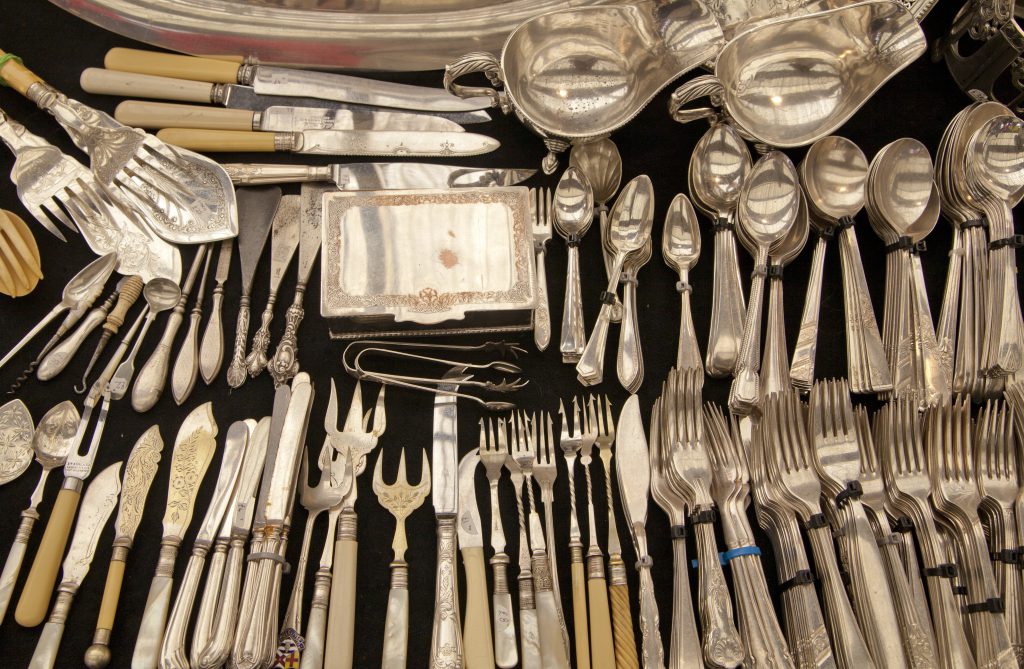Bitter feelings, enmity, and family infighting is not the gift that you want to bequeath to your heirs and loved ones.
Upon the passing of a parent, emotions run strong. Not only are the children bereaved, they may also be angry that their parents had the nerve to die.
These emotions are exponentially heightened if, because of a lack of proper planning and communication while the parent was still alive, the children are sandbagged and surprised upon the reading of the will. Siblings will fight. Some might sue. Some might never speak again. You do not want your final bequest to be “hatred from the grave.”
Death as a Part of Life
Before we even get into the subject of wills and executors, let’s talk about death. (Jolly subject, isn’t it?)
With all the planning for death that goes on in our culture—wills, health proxies, durable powers of attorney—we sometimes pay scant attention to the emotional reality of dying. We tend to avoid the whole uncomfortable subject. We resist bringing children to funerals so as to shield them from pain. We do not talk about dying.
Children who grow up on farms, for example, witness both birth and death in their daily lives, and know it to be a natural evolution to the end of our time here on earth. The seasons change and plants wither and die; fresh plants emerge in the spring. The barnyard cat may have a litter of kittens; the littlest one doesn’t make it. The child might not always understand what he or she is seeing, but he or she eventually learns to experience the natural and cleansing emotion of grief. That child is trained to not avoid death and associated emotions.
We who did not have such learning are not skilled at preparing children for the emotional aspects of death—especially our own death. But here’s a reality check: You are never too young to talk about dying. Even if your children are still young themselves, it’s okay to have an open and honest discussion. Reassure them that all is well and that you’ll do your best to live a long and healthy life. But do give them some emotional scaffolding so that when death finally does arrive (years, if not decades, later), they won’t be completely adrift with no reference point at all for what it all really means.
No Shocks and No Surprises
To avoid leaving behind “hatred from the grave,” you must discuss expectations with your family members, one at a time, and, then, with them all together. For example, who you will name as your executor?
You don’t want a child to feel less loved or respected, so this communication should always be delivered with kindness. When selecting an executor, you don’t have to necessarily choose the oldest, wealthiest, or smartest child. Instead, you might consider: Who is the most honest and thoughtful child? Who will be calm and gain the respect of their siblings?
If you have only one child but he or she isn’t competent—or if you simply cannot select among your children—then you need to select a trusted advisor who is willing to act as your executor. That person might be your lawyer, accountant, financial advisor, family office representative, etc. She or he must be entirely trustworthy, meticulous, and able to communicate clearly with all of your family members. If you do choose an outside executor, be sure to share with your family who it is and why you have chosen that person. Do this while you are still alive! No one who is grieving needs a surprise. Even if your family members were well-prepared for the reality of death and the grief they will experience, a surprise executor is not going to be well received.
Also, be sure your executor is fully competent and prepared to act quickly. Unfortunately, the first thing he or she should do upon your demise is to change the locks on your home. Don’t believe it? I’ve experienced instances in which one child, feeling cheated and aggrieved, broke into the deceased’s home and stole what the descendant believed was rightfully his or hers. Fortunately, everything had been appraised and we knew the value of the stolen items. Nonetheless, the result was a lawsuit. It shouldn’t have happened that way. The point is that a skilled executor is your best bet against such a sad outcome.
Everyone Gets Something
The wisest parents take time with their children to discuss the possessions that they’ll be leaving behind. The last thing you want is for those items to literally be “up for grabs,” because grabbing may definitely happen. And sometimes much worse!
Siblings have sued, stolen, and fought tooth and nail, all because their parents failed to clearly communicate what was in their estate. Who should get what and what should happen with the rest? Letting heirs pick in a rotational round-robin is not always the best choice. If that is your wish, then make reference to valued items being equal or allow individuals to take less cash if they take more valuables. An estate appraisal can clear up a lot of such doubt.
An alternative method is to have a frank and open talk with all of your children. Ask them what they most want to inherit. Make decisions, make lists, and put names on stickers on the backs or bottoms of certain valuable items. In short, build consensus and put it down in writing.
No one should feel cheated or robbed during this process. And everyone should inherit something that is, optimally, sentimentally important. Situations may arise in which it makes sense to leave more to a certain child—perhaps she or he does not have financial support or has a disability—but it needs to be transparent. If you’re leaving a beautiful antique grand piano to the one child who ever sat down and played it, don’t hesitate to state it in writing so as to avoid postmortem conflict.
Resolving Conflicts
Arguments may arise over certain possessions. That’s okay. If you can’t figure it out peacefully, then sell it ahead of time. If one item has immense value and it would create strife to leave it to one person then, again, sell it. The proceeds from the sale can then be divided equally among the children via the estate. Or let that child pay the other heirs a proportionate amount.
Facing death—especially our own inevitability—is not easy. But it is the most brave and loving thing you can do for your children. Fostering love before and beyond the grave—and preventing enmity among your descendants—is a gift that you can give them; it will last long after you.
Are you struggling with how to approach this conversation with your own children? Or are you having difficulty deciding on an executor? How do you divide your possessions fairly? If you have any of these quandaries, please know that you are not alone. We all have them. Despite being an “expert” in this field, even I do.
Feel free to share your comments and questions with me. I’m always happy to talk.
Best wishes,
Sharon
646-784-3073
www.360demenager.com
Subscribe to Receive My Newsletter:



Recent Comments